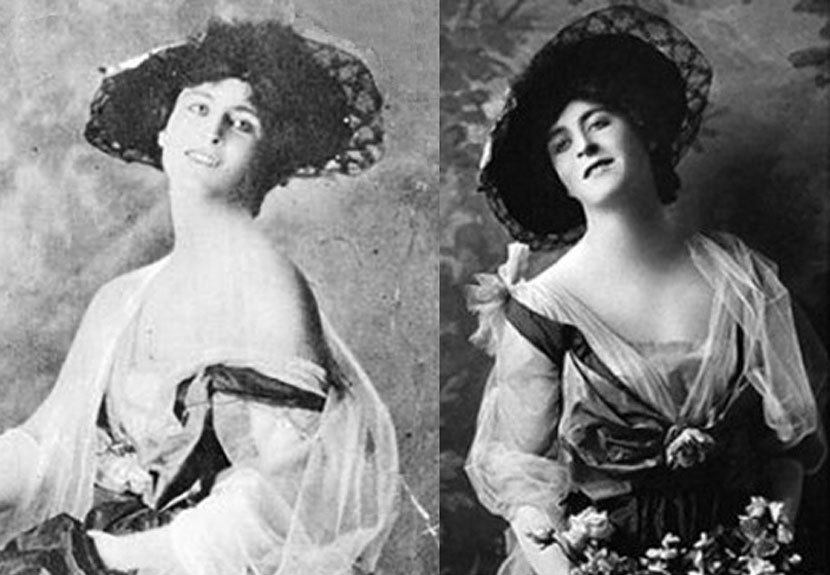F. Scott Fitzgerald (1896–1940)
From F. Scott Fitzgerald: Novels & Stories 1920–1922

F. Scott Fitzgerald should have graduated from Princeton a century ago as a member of the Class of 1917. He made quite an impression on campus, writing musicals for the Princeton Triangle Club and plays for the Elizabeth Dramatic Club, publishing pieces in the college humor magazine, and forming friendships with future literary critic Edmund Wilson and future author John Peale Bishop. But poor academic performance and illness kept him back more than a year—and then, in April 1917, the U.S. entered the war in Europe.
Fitzgerald took the officer’s exam for the army and by the fall he was he was assigned to the first in a series of army base assignments. Yet the war ended before he and his regiment shipped out to Europe. In spite of his lack of combat experience, Fitzgerald was asked to contribute a war story to an anthology—and he wrote “Dalyrimple Goes Wrong,” about a war hero who has just returned home from Europe.
This past fall, members of Princeton’s Class of 2017, with the approval of the university’s trustees, decided that the school’s most famous dropout should finally be awarded a degree—exactly one hundred years late. At a Triangle Club performance with Fitzgerald’s granddaughter in the audience, the college made him an honorary member of this year’s graduating class, and the degree will be officially conferred at the ceremony in May.
And, yes, the images above are of Fitzgerald himself—publicity photos taken in 1916 for one of the musicals he wrote for the Princeton Triangle Club.



